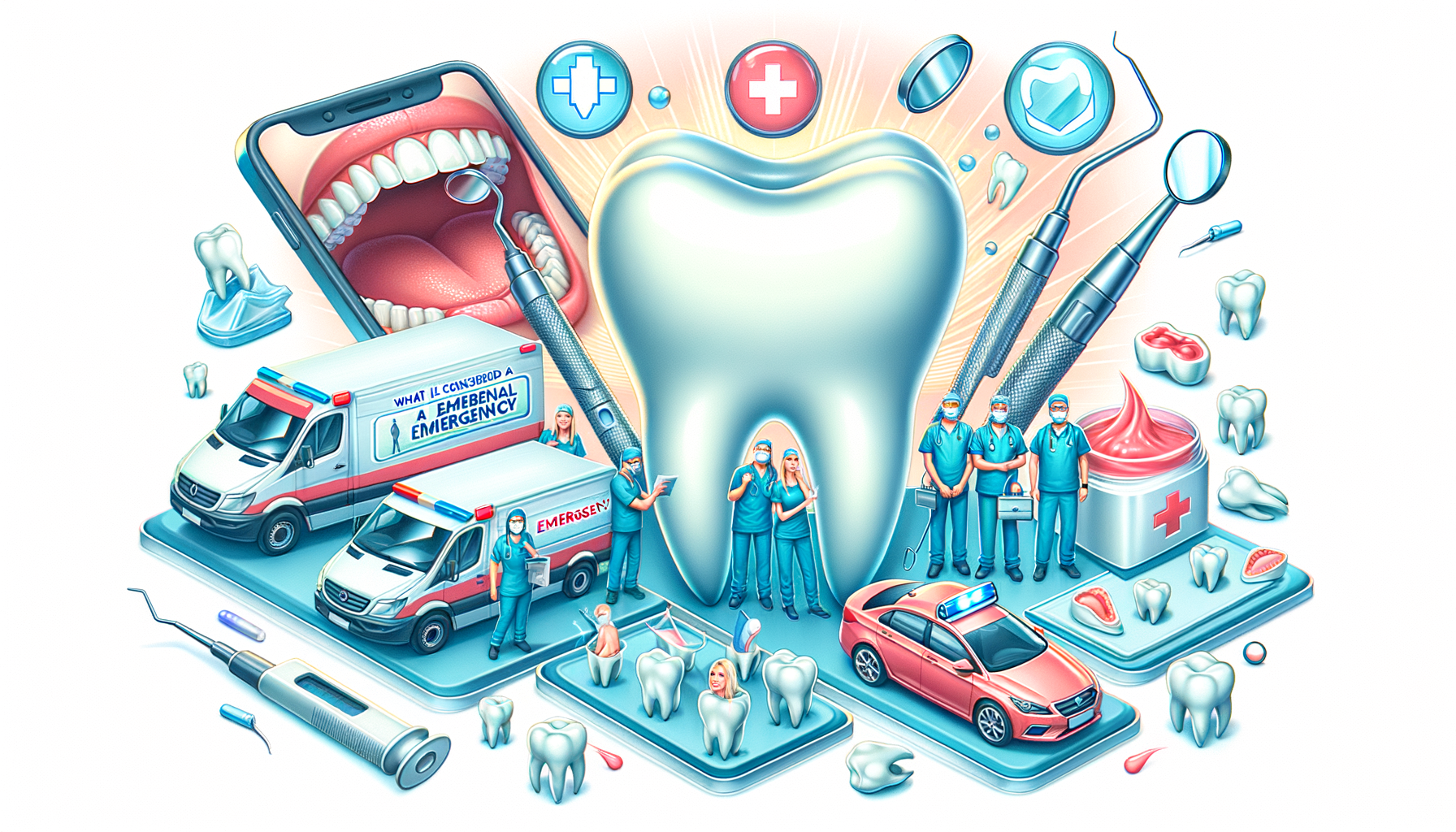Understanding Atrial Fibrillation: An Overview
Atrial Fibrillation, commonly known as AFib, is a heart condition characterized by an irregular and often rapid heart rate. This condition can lead to various complications, including stroke, heart failure, and other heart-related issues. AFib occurs when the upper chambers of the heart, known as the atria, beat out of sync with the lower chambers, or ventricles. This disorganized electrical signaling results in a quivering or irregular heartbeat.
AFib can be classified into different types based on its duration and frequency. These include paroxysmal AFib, which comes and goes and may resolve on its own; persistent AFib, which lasts longer than a week and may require treatment; and permanent AFib, where the condition is ongoing and treatment focuses on managing symptoms.
Understanding the triggers and underlying causes of AFib is crucial for effective management. Common risk factors include high blood pressure, obesity, diabetes, and excessive alcohol consumption. Additionally, certain medications and stimulants can exacerbate AFib symptoms, making it essential for individuals with this condition to be aware of their potential effects.
How Stimulants Affect Heart Rhythm
Stimulants are substances that can increase heart rate and blood pressure, potentially leading to irregular heart rhythms. These substances include caffeine, nicotine, and various over-the-counter medications. While moderate consumption of caffeine is generally considered safe for most people, excessive intake can trigger AFib episodes in susceptible individuals.
Nicotine, found in tobacco products, is another stimulant that can have a significant impact on heart rhythm. It increases heart rate and blood pressure, which can exacerbate AFib symptoms. For individuals with AFib, quitting smoking can be a crucial step in managing the condition effectively.
Additionally, certain prescription medications used to treat conditions like ADHD contain stimulants that may affect heart rhythm. Patients with AFib should discuss their medication options with their healthcare provider to ensure they are taking the safest options available.
The Impact of Respiratory and Cold Medications
Respiratory and cold medications often contain ingredients like pseudoephedrine and phenylephrine, which are decongestants used to relieve nasal congestion. These substances can constrict blood vessels, leading to increased blood pressure and heart rate, potentially triggering AFib episodes.
For individuals with AFib, it’s important to carefully read labels and choose medications that do not contain these stimulants. Non-stimulant alternatives, such as saline nasal sprays or antihistamines without decongestants, may be safer options for managing cold symptoms.
Consulting with a healthcare professional before taking any new medication is advisable, especially for those with pre-existing heart conditions. They can provide guidance on which medications are safe and recommend strategies for managing symptoms without exacerbating AFib.
Managing Atrial Fibrillation with Lifestyle Changes
In addition to avoiding certain medications, lifestyle changes can play a significant role in managing AFib. Regular physical activity, maintaining a healthy weight, and following a balanced diet can help reduce the risk of AFib episodes. Foods rich in omega-3 fatty acids, such as salmon and walnuts, have been shown to support heart health.
Stress management is also crucial, as stress can trigger AFib episodes. Techniques such as yoga, meditation, and deep breathing exercises can help reduce stress levels and promote overall well-being.
It’s also important for individuals with AFib to monitor their alcohol intake, as excessive consumption can lead to irregular heart rhythms. Moderation is key, and those with AFib should discuss safe alcohol consumption levels with their healthcare provider.
Conclusion: Navigating AFib with Awareness and Care
Understanding the potential triggers of atrial fibrillation, including certain medications and stimulants, is essential for managing the condition effectively. By being aware of how different substances can affect heart rhythm, individuals with AFib can make informed choices about their health and lifestyle.
Collaboration with healthcare providers is vital to ensure that treatment plans are tailored to individual needs and that any medications taken do not exacerbate AFib symptoms. With the right approach, managing AFib can become a more manageable aspect of daily life, allowing individuals to maintain their quality of life and reduce the risk of complications.



Leave a Reply